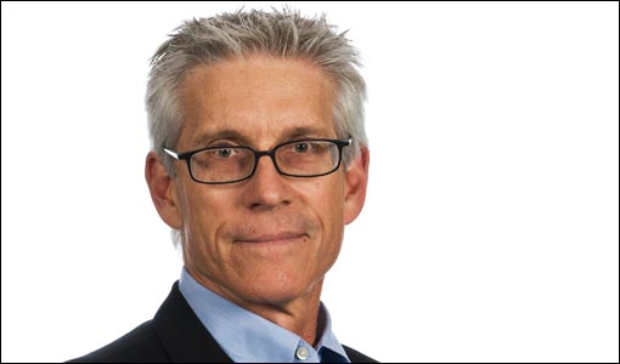I recall conversations in 2001 about establishing a purposeful connection between the community of practicing lawyers and St. Thomas students to better prepare them for their chosen careers and better enable them to become fully alive in every dimension of life.
Beyond the opportunity to serve others and share whatever practical wisdom I’d acquired over more than a quarter century as a practitioner, I saw a mentor program concept as a chance to integrate my faith with investment in the future of my profession. Aristotle proposed that eudaimonia, or human flourishing, was the ultimate object of character formation. As a Christian, I am inclined to see the purpose of human “being” as more than eudaimonia. The well-lived and faithful life is one of character formed by the future God has promised, doing the things that bring his wisdom and reflect his glory into the world. The habits of heart, mind and life to which we are called form us over time into people who can freely take these tasks forward in our communities of influence.
From its inception, the award-winning Mentor Externship Program was fueled by the School of Law’s distinctive mission to “integrate faith and reason in the search for truth through a focus on morality and social justice.” Its unique approach combines individual mentoring experiences facilitated through practicing attorneys and judges. Structured discussion around readings and interactions are facilitated by a faculty of practitioners and law professors, each of whom is committed to the school’s mission. Addressing the release of the U.S. News annual ranking of law schools, Dean Thomas Mengler recently stated that rankings take a back seat to mission fulfillment. The litmus test for evaluation of our performance is straightforward: “Are we being successful in assisting our students and graduates to lead purposeful lives, in the service and leadership of their communities?” The desire to develop servant leaders who exemplify the highest ideals of the profession lies at the heart of the program.
The Mentor Externship Program has been a strong contributor to the impressive rise of St. Thomas in the rankings, as well as to its reputation for excellence among knowledgeable professionals and employers. It affords our students a distinct edge in a highly competitive job market. I hold this view for three principal reasons:
RelationshipsFirst, the landscape of practice is dominated by human interaction and relationship. Our graduates have been grounded in the capacity of these relationships to impact their careers, for better or worse. They have considered not only the identification of relationships upon which career satisfaction depends, but also the skills and habits required to achieve excellence in them. When this awareness is demonstrated and effectively communicated to prospective employers, it instills confidence that the person under consideration possesses the tools to not only survive in the real world of practice, but also to thrive.
Well-BeingSecond, graduates understand the role of pace in nurturing a career spanning decades. They are better equipped to productively address the stress and personal demands of the profession. The potential for burnout attributable to prolonged, unrelieved stress is significant in a professional world with tendencies to prize the billable hour and to infer personal responsibility on the advocate for outcomes affecting others. Indeed, in national surveys, decreased anxiety and more personal time top the list of changes desired by young lawyers.
Understanding that spiritual, physical and relational needs contribute to one’s well-being and require care and proper attention is essential to remaining productive for an entire career. The Mentor Externship Program encourages students to identify and employ positive ways to meet their individual needs in all three dimensions of being and to recognize that those needs likely will vary over time. From an employer’s perspective, lawyers who understand the need for this kind of life balance will be less likely to succumb to the high rates of depression and chemical dependency that have plagued our profession.
PurposeThird, our graduates appreciate the focus of purpose. They understand the need for personal as well as professional integrity, and living and practicing in alignment with one’s core beliefs and values. Questions of ethics are part of the larger questions of life’s purpose and what it means to be genuinely human. Purpose is the key to maintaining equilibrium in the midst of contradiction and conflict as well as navigating competing deadlines and expectations. It enables us to bridge the gap between what we must do and who we could be. As noted by Dr. Henry Cloud, “The reality of life is that what we live on the outside is one that emerges from the inside, from our hearts, minds and souls.” Questions of purpose and meaning are ultimately ones of faith.
In our graduates, I see men and women better able to translate their legal competencies into meaningful and purpose-driven careers and lives than those who have never had the opportunity to engage the profession and its practitioners in such an intimate and reflective manner. Author: Steven C. Tourek is senior vice president and general counsel for Marvin Windows and Doors. Previously, he was a 25-year litigator and co-founder of the law firm Winthrop & Weinstine. He also is a founding mentor and adjunct professor in the Mentor Externship Program.
Read more from St. Thomas Lawyer
